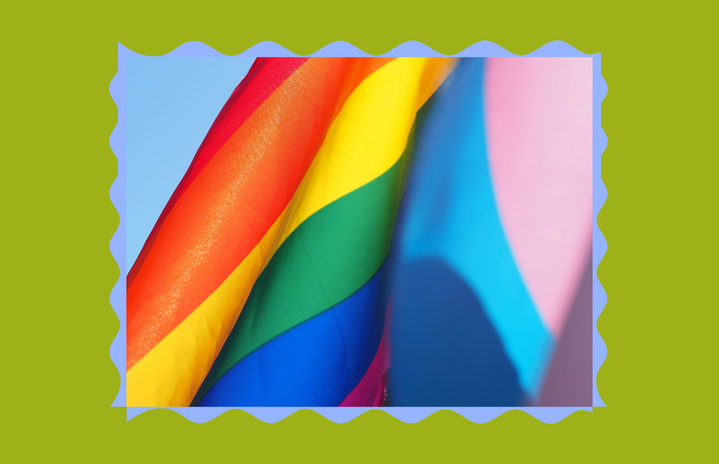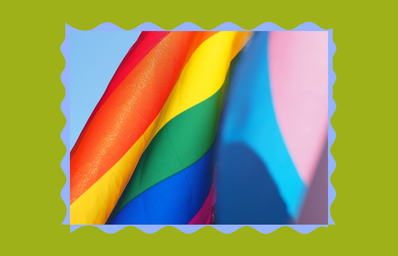I knew that I liked girls before I knew I liked boys. But, coming from a conservative Hispanic household, I also knew that wasn’t something you vocalized. If you’re also a member of the Latinx community, you are probably familiar with this.
Did you know that Latin America has the highest rates of violence against the LGBTQ+ community in the world? Although some countries in the region are notably progressive, it is extremely dangerous to be a member of the LGBTQ+ community in most of Latin America’s countries.
When our parents came to the United States, either before or after our birth, they brought those homophobic laws with them. They brought what they had been taught. Does that justify it? No, but it’s helped me forgive myself for being the consequence of generational discrimination.
I am the fifth of six children. I am one of two girls. My sister, who is seven years older than I am, is also queer. I was a preteen when she came out and still deep in a closet of heavy winter jackets. Suddenly, me coming out was no longer just unholy, but it was now perceived as a product of my admiration for my sister: They would no longer view it as who I am but rather who I am trying to be. All of these thoughts flooded through my head. Regardless of the anxiety and being unsure, I was and still am so incredibly proud of my sister for coming out. Without her in the house, I wouldn’t have been so accepting of my identity. I would have allowed my internalized homophobia, which was carried down for generations like curls or freckles, to manifest itself within me for far too long. My sister helped me expel it. I was rid of my generational hatred, and you can be, too.
According to Anatasia Moloney of the Thomson Reuters Foundation, more than 1,300 LGBT+ community members have been murdered in Latin America and the Caribbean in the last five years. Those are the murders that were documented, which unfortunately is not always the case. The Latinx community is very transphobic. Black and Brown transgender women are killed in Latin America often. Many of their murders go undocumented, uninvestigated and neglected. When you see the country/countries your family comes from, you want to be proud of them, but that’s hard when you or the people you love cannot outwardly be themselves in those countries.
To change the traditional opinions, to end the generational discrimination, we have to educate those around us: Our tios, tias, amigos– everyone. Talk to them about who you are and help them unlearn the lies passed down. Sometimes, however, it is dangerous to do so; always make the decision with your safety in mind..
To my people who haven’t come out,
It is okay. Although I wish coming out wasn’t a thing and that all you had to do was just hold someone’s hand and that’d be all there is to say, it exists. And just because you haven’t been able to do it doesn’t make you any less valid than those who just happened to be born to understanding parents. When you are comfortable, safe, ready and actually want to, you will come out. And if you find yourself not being any of those things anytime soon, that is perfectly okay, too.
You can never come out and still be 100% valid.
To my people who have come out and are struggling,
I’m sorry it isn’t just holding someone’s hand. I’m sorry your tia is transphobic or your abuelo doesn’t understand why you’re so scared of Amy Coney Barrett being confirmed. I’m sorry that when you aren’t being embraced, bullied or rejected by our community, you’re being ignored. But there is so much support in our community if you look for it. Please search. You aren’t alone. Homophobia is intoxicating when it’s in your family’s beliefs or your high school friends or in yourself, but some people understand. And if they don’t understand, explain it to them so that they can be there for you when you need them the most.



